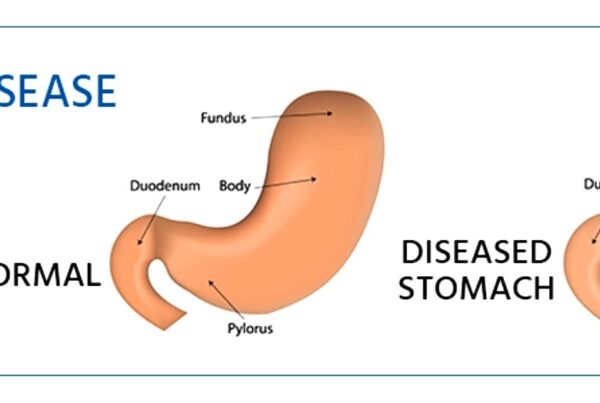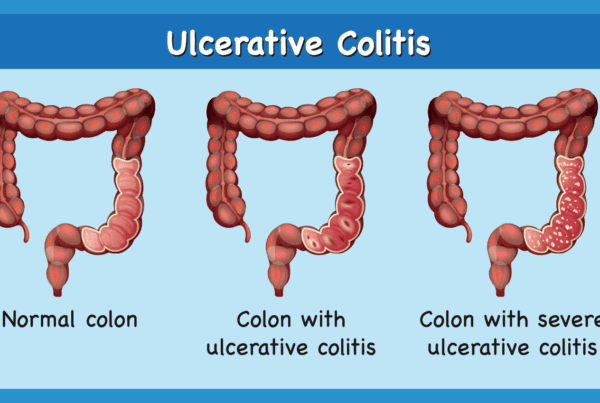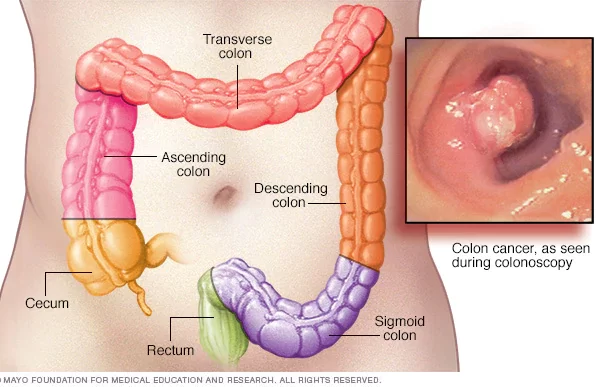What is Screening?
To detect cancer at its very early stage before appearance of symptoms. Sometimes we can identify precancerous conditions with screening and prevent appearance of cancer.
Who require screening tests for colorectal cancer?
If colorectal surgeon asks for a screening test, do not think that you have a cancer. People >50 year of age should undergo screening for colorectal cancers. Sometimes screening at younger age is also required, if there is a history of cancer in the family.

Which are the screening tests?
- Fecal Occult Blood Test (FOBT)
It is a test to check stool for blood that can only be seen on microscope. Blood in the stool may be a sign of polyps, cancer or other diseases.
There are two types of FOBTs:
Guaiac FOBT:
The sample of stool on the special card is tested with a chemical. If there is blood in the stool, the special card changes colour. Patient should avoid certain food like spinach, carrots, beatroot, etc. before testing, as they may lead to false positive tests. It is a widely available test and cheap.
Immunochemical FOBT :
It is also called Fecal Immunohistochemical Test (FIT). A liquid is added to the stool sample. This mixture is injected into the machine that contains antibodies, which detect blood in the stool. No diet restriction is required before it. It is an expensive test and not available in all the labs.
- Visual Screening tests
Sigmoidoscopy :
It is a procedure to look rectum and sigmoid colon from inside.
Colonoscopy :
It helps to look entire colon and part of small intestine from inside. We can take sample of tissues for diagnosis and remove small polyps, too.
When should we do these tests?
Stool based tests like gFOBT or FIT should be done every year.
Visual tests like colonoscopy should be done very 10 years or sigmoidoscopy every 5 years.
You should consult a colorectal surgeon before doing screening tests. If you are reluctant to decide for screening test, remember that any discomfort or embarrassment from screeners is temporary- and detecting problems early could save your life.
Author :- Dr Avadh Patel
MS, DrNB Surgical Gastroenterologist & Colo-Rectal Surgeon
Kaizen Hospital




